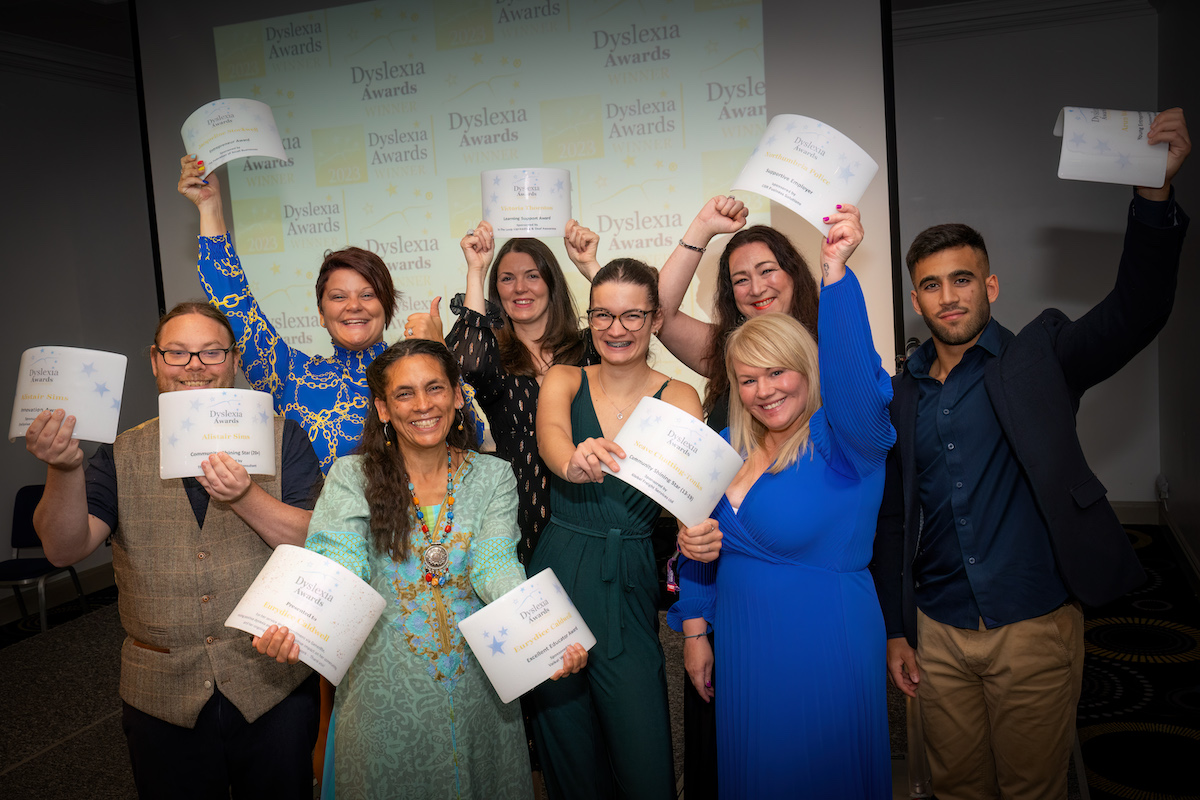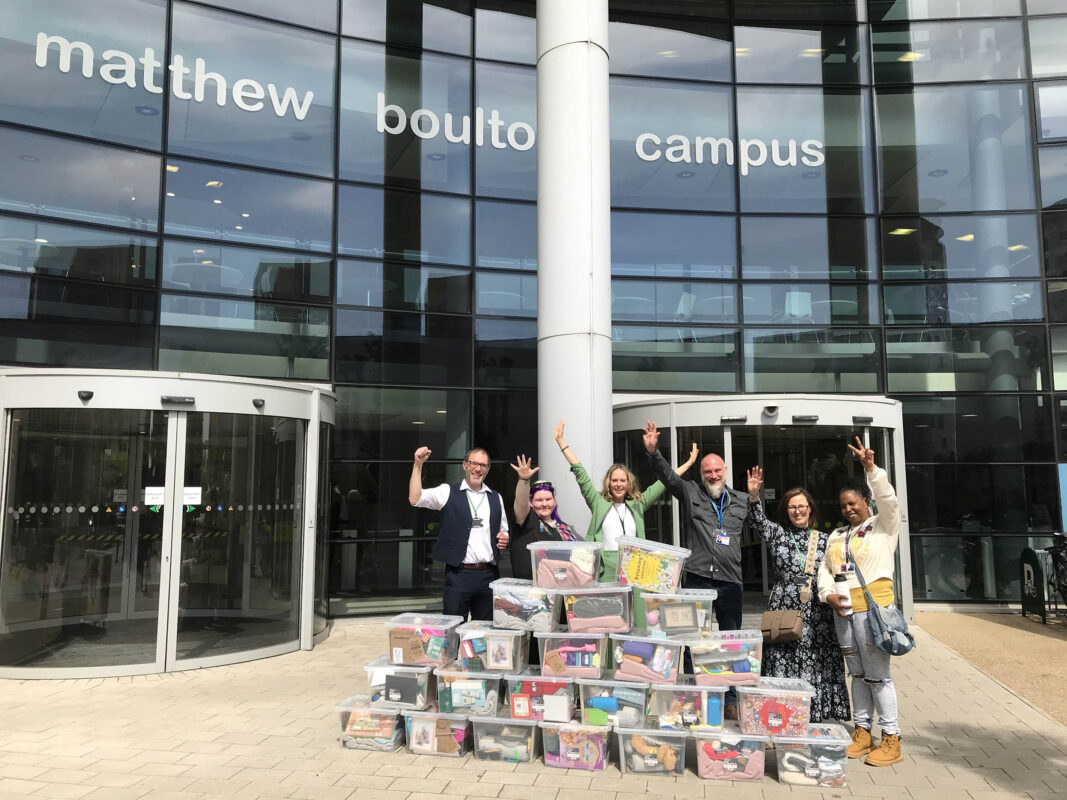IMI Diversity Task Force launches toolkit to raise awareness of neurodiversity in the workplace

As part of the Institute of the Motor Industry (IMI) Diversity Task Force’s commitment to supporting more inclusive workplaces, a new Neurodiversity Awareness in the Workplace Toolkit has been launched, providing crucial information, advice and guidance and lived experiences from automotive people to help educate and raise awareness about neurodiversity in the workplace. Available as a free download, the toolkit includes key vocabulary, facts and figures, best practice strategies and tangible actions for businesses and individuals, as well as giving examples of just some of the strengths and abilities neurodivergent individuals can bring when valued and supported
“We have developed this vital resource for businesses across the automotive sector, to help raise awareness about neurodiversity across the workforce, and to emphasise the many benefits neurodivergent thinkers can bring to the work environment,” explained Sally Hodder, Head of Equity, Diversity, Inclusion & Belonging at the IMI.
“We know 17% of people already working in automotive have a disability and we are striving to create a sector where people can be their authentic selves to thrive. Everyone is entitled to work in a safe and healthy environment, where they feel they belong because they are understood and valued for the qualities they bring. This toolkit aims to inform and support employers in being able to make meaningful and positive change in the workplace to account for everyone’s neurology being different and unique
More organisations are beginning to recognise that a neurodiverse workforce brings new perspectives and viewpoints, where people can use their different strengths and unique talents to optimal effect in the work environment. Such strengths and talents may include innovative problem-solving, multi-tasking, the ability to work under pressure, creativity, and lateral thinking.
Karen Cole, Director of Road Safety and Rider Training at the Motorcycle Industry Association (MCIA), believes that being able to name her Attention Deficit Hyperactivity Disorder (ADHD) and dyslexia has been helpful and allowed her to be more open and honest about the challenges and benefits she experiences. “I’ve been at the MCIA for almost 23 years but was only diagnosed with ADHD a few years ago. People may believe that being given a label (i.e., a diagnosis), is a hinderance. But it’s not a hinderance; having a label can help you,” said Karen Cole. “We need to be able to talk openly about our challenges and our support needs. Getting real change across society will take time, but it’s a start to just get people to be able to talk about their condition, which will get other people interested and lead to improved understanding.
“Before being diagnosed as an adult I thought it was just a quirk of my personality. I’ve always been impulsive and I’m an interrupter. For me, having ADHD means that I’m impulsive, I like to crack-on and push forward with whatever task or activity needs to be done. And I’m good at adapting to take on tasks outside my skillset, which can be tremendously helpful. There is a balance to be found though. And everyone is different. Indeed, neurodiversity is a spectrum, no two neurodivergent thinkers will experience the same strengths or barriers. The IMI Diversity Taskforce’s latest toolkit will go a long way in helping both employers and employees create a nurturing professional environment, overcome learning hurdles and maximise personal career development opportunities.”
The Neurodiversity Awareness in the Workplace Toolkit offers essential guidance to support both employers and employees in the work environment, helping to shine a light on areas that may not be openly discussed at work. It includes:
- An overview of neurodiversity in the workplace and types of neurodiverse differences
- Key vocabulary
- Neurodiversity facts and figures, including a list of famous people who attribute their success to their neurodiverse condition(s)
- Neurodiversity and co-occurrences
- Key challenges and strengths for neurodivergent individuals
- Case studies and shared experiences from those working in the automotive sector
- Guidance on small changes and adjustments to support neurodivergent individuals in the workplace
- Best practice ideas and strategies for working with and/or managing neurodivergent individuals
- Creating a neurodiverse-friendly inclusive work environment
- Further support and resources
Please click on the link to view accompanying imagery which you are welcome to use – Neurodiversity Toolkit.











Responses